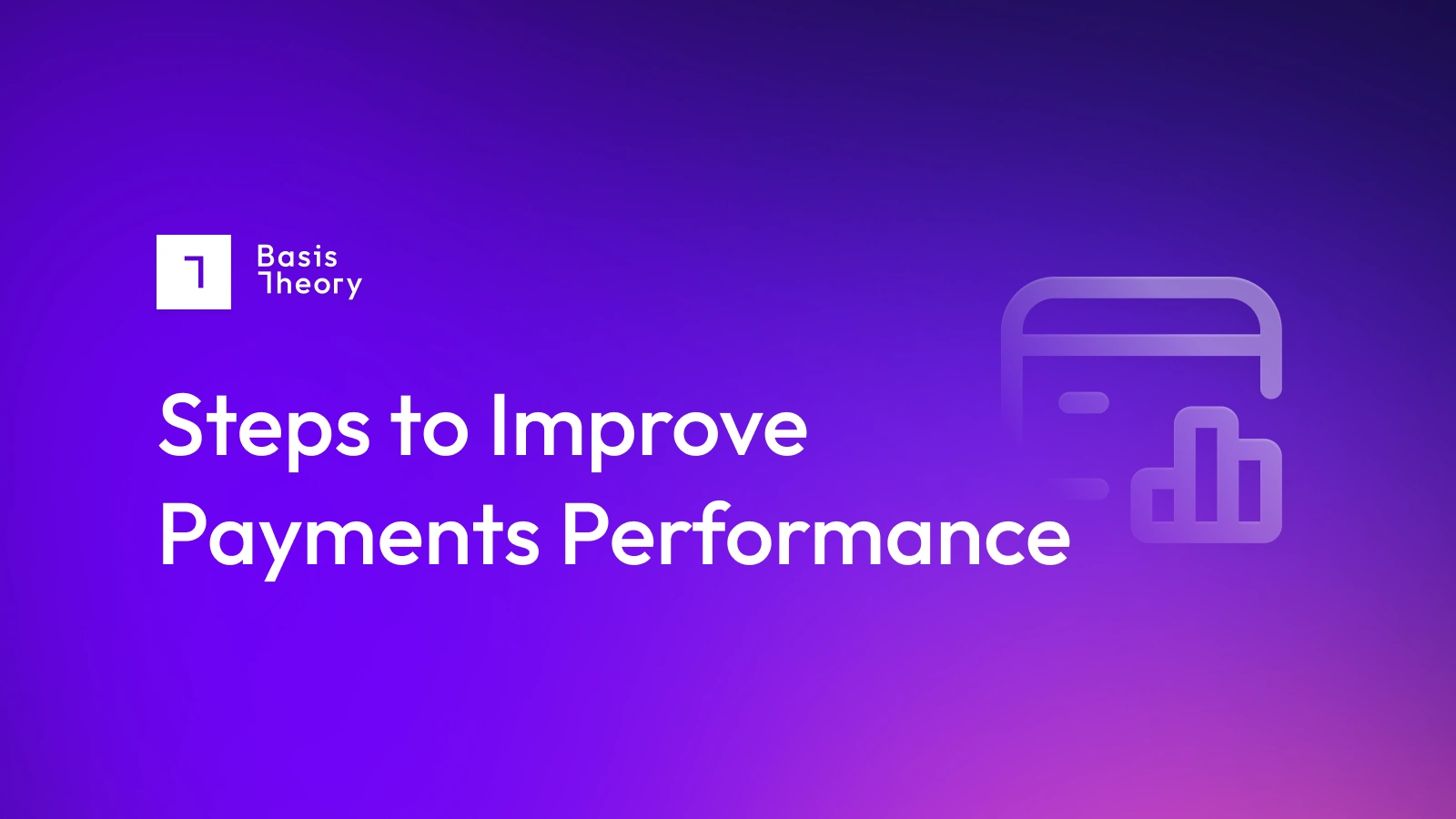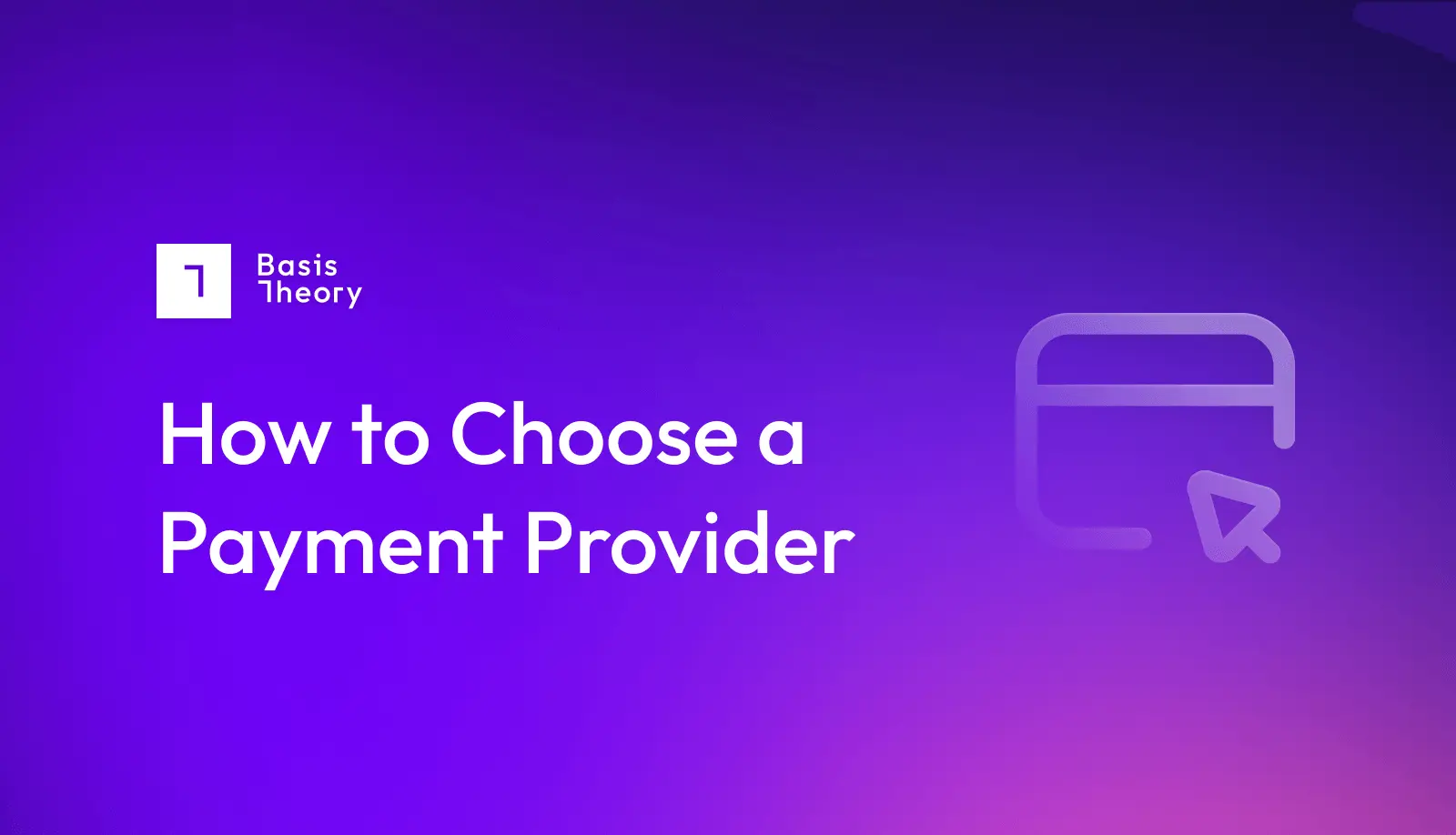SoftPOS: Turning Devices Into Terminals

The speed at which payments options expand and change has reached a breakneck pace: it’s almost impossible to imagine a time when the only options were to provide cold, hard cash, a check, or one of the three or four major credit cards. And yet - that reality is shockingly recent, when you consider that the first credit card didn’t launch until the 1950s, and debit cards didn’t take off until the late 1980s and early 1990s. Today, the universal availability of mobile digital devices is colliding with the proliferation of payment methods, resulting in the immediately popular tap-to-pay, or softPOS, option.
What is SoftPOS, Also Known as Tap-to-Pay?
SoftPOS, or tap to pay, is the technology that allows customers to use the NFC chip in their mobile devices to pay, and merchants to use non-dedicated terminals to accept payment. An earlier version of the solution was known as mobile pay, which became popular during the COVID-19 years, as it became increasingly common for consumers to tap a merchant credit card terminal with their card or phone, rather than having to touch it as they inserted a credit card. The revolution that separates the mobile payment from tap-to-pay solutions is the ability for the merchant to use a standard device, rather than a dedicated terminal, to collect the payment.
SoftPOS is a Natural Evolution
Starting with the basic pay-by-email offering of PayPal, payment service providers have sought to remove the friction from the payment process. The digital wallet business had hits and misses for a couple of decades, before mobile devices like the iPhone and its Android competitors made it easy to combine the wallet with the physical device that so many consumers suddenly had in their pocket. The advent of Apple Pay and Google Pay accustomed consumers to paying for goods through their phones, so it was probably inevitable that merchants would clamor for, and receive, a similarly simple way to collect the cash consumers wanted to give them.
Who Benefits from SoftPOS?
Large retail organizations, with tens of thousands of dedicated payment terminals (and possibly even completely customized ones at that) are not the core market for SoftPOS, as its primary value to a merchant is the ability to use standard devices. Smaller organizations, however, can eliminate the high cost of sourcing, implementing, and maintaining dedicated devices, opting instead to load software on standard consumer devices and distribute them to their workforce.
Similarly not-for-profit and charitable organizations can make it easier to collect donations at their events, empowering an army of volunteers to accept money on their personal devices, with the money being automatically routed to the core organization’s account.
Payment Facilitators (PayFacs) and marketplaces with individual sellers/resellers could benefit from SoftPOS. These companies can offer individual sellers/resellers the opportunity to accept payments quickly on their own devices.
Downsides to SoftPOS
As with all things payments-related, flexibility comes with challenges. Rolling out SoftPOS can cause problems with
- Security: Particularly when the merchant app is running on a worker’s or volunteer’s personal device, there is the risk of data leaking through other installed software or being surreptitiously retained by the user.
- Support: while leasing or buying dedicated terminals from a PSP should involve gaining access to ongoing services and support, simply loading a tap-to-pay app on a consumer-grade device may leave the merchant on their own when things go awry.
- Power and connectivity: Dedicated terminals are usually—though not always—either fixed and attached to power and connectivity or at least come with dedicated charging slots for storage. By contrast, using consumer devices requires the merchant to create and maintain their own hardware and procedural plans for keeping them powered on and connected.
- Consumer confidence: although this is rapidly becoming an old concern, as consumers get used to the idea of simply tapping someone else’s device to pay, there is still the worry that some potential buyers may balk at the idea of sharing their payment data with another individual’s device.
So long as merchants construct a clear and executable plan to roll out SoftPOS, they’ll be fine from an operational perspective. However, as organizations grow, the security risks of letting individuals use their devices outweigh the benefits.
Which Providers Support SoftPOS and Tap-to-Pay
Unsurprisingly, with every day that passes more PSPs declare themselves open for SoftPOS business! What was once a critical differentiator for the quickest innovators is rapidly becoming what they call ‘table stakes’. That said, for merchants committed to a single PSP for all their payment processing, there may have been some uncomfortable months while their partner caught up to the market. Not offering a payment method that consumers increasingly expect and require can put a merchant into an awkward situation where willing buyers decline to close the transaction.
The moral of the story is not so much that any merchant needs to support SoftPOS and tap to pay—it is more that every merchant needs to be prepared to update their list of accepted payment methods on a regular (and rapid!) basis. Doing this demands a reasonably sophisticated approach to building and maintaining a stable of PSP partners, whose services can be used when they make sense and bypassed for a better option when they don’t.
Programmable Payment Vaults
Many merchants today are looking at programmable payment vaults to prepare to add additional PSPs to their payment systems. These vaults make it safe and easy to collect, store, and submit transactions based on customer payment data. They also make it easy to add, subtract, and choose between PSPs on a transaction-by-transaction basis, to deliver customer satisfaction, safeguard sensitive information, and maximize margins.
For PayFacs and marketplaces with high payment volumes that would like to see how processor-agnostic SoftPOS may benefit them, contact us.
.png?width=365&height=122&name=BTLogo%20(1).png)



